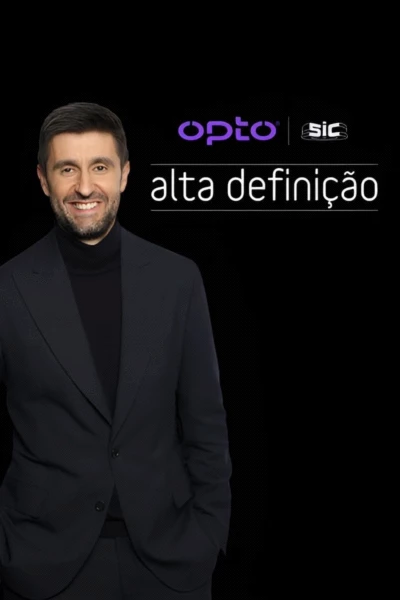Biography
(No Information)
Filmography
all 2
TV Shows 2
self 2
Information
Known ForActing
GenderMale
Birthday1957-09-06 (67 years old)
Birth PlaceAlijó, Portugal
CitizenshipsPortugal
Also Known AsJosé Sócrates Carvalho Pinto de Sousa
AwardsOrder of the White Star, 1st Class, Grand Cross of the Order of Prince Henry, Knight Grand Cross of the Order of St. Gregory the Great
This article uses material from Wikipedia.
Last updated:
 José Sócrates
José Sócrates- Filmography
- Information

